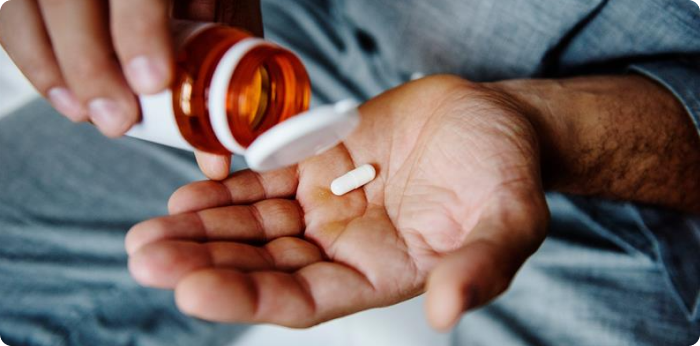
search
Aug 01, 2025
In the world of drug development, two key partners are often involved: Contract Development and Manufacturing Organizations (CDMOs) and Contract Research Organizations (CROs). While their roles overlap in some areas, they specialize in different parts of the drug development process. Understanding these distinctions is crucial for companies looking to navigate the complex world of drug development and clinical trial management.


A CDMO is a company that provides outsourced services to pharmaceutical companies, encompassing both drug development and manufacturing phases. The core functions of a CDMO include:
A CDMO serves as a partner for companies seeking to develop, manufacture, and commercialize drugs - from the laboratory stage to full-scale production.


A CRO, on the other hand, is an organization that supports pharmaceutical and biotech companies throughout the research and clinical development lifecycle. While their core responsibilities include clinical trial management and preclinical studies, many CROs also offer services in drug discovery, regulatory strategy, data management, and post-marketing surveillance. CROs help streamline timelines, reduce development costs, and ensure regulatory compliance across all phases of development. Their primary role is to assist pharmaceutical companies in conducting the research necessary to demonstrate a drug's safety and efficacy before it reaches the market. Key functions of a CRO include:
A CRO is a key player in the clinical research phase of drug development, helping bring a drug from the preclinical stage through to regulatory approval.
Both CDMOs and CROs provide outsourcing solutions for the pharmaceutical industry, and their functions often intersect throughout the broader drug development lifecycle. They both aim to accelerate the drug development process, reduce costs, and ensure compliance with regulatory guidelines. Additionally, both organizations offer expertise in specialized areas, such as clinical trial management or drug manufacturing, to support pharmaceutical companies at different stages of development.
The main distinction between a CDMO and a CRO lies in their focus areas:
While a CDMO is more product-centric, handling the creation and production of the drug, a CRO is process-centric, managing the research and trial aspects of drug development.


Both CDMOs and CROs play indispensable roles in the drug development process. While a CDMO focuses on the drug manufacturing and commercial scaling aspects, a CRO ensures that clinical trials are conducted effectively, gathering the necessary data to bring a drug to market. Understanding the distinction between these two organizations enables pharmaceutical companies to select the most suitable partners for navigating the complex and often lengthy process of developing new therapies.
